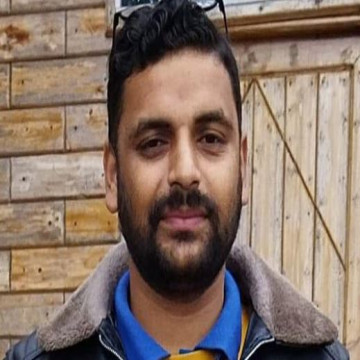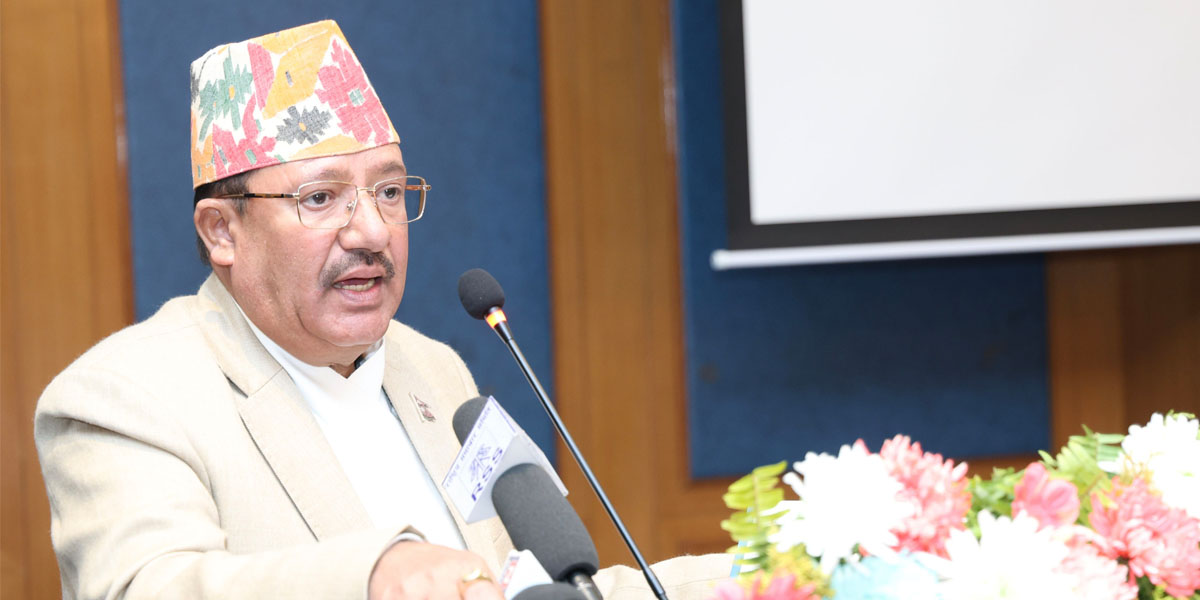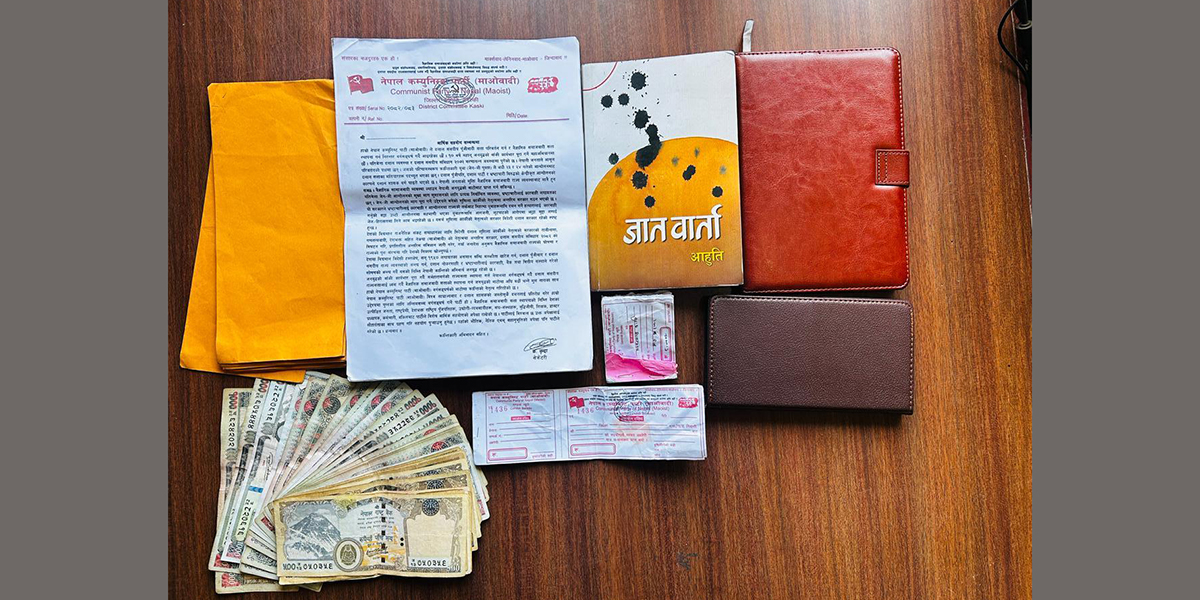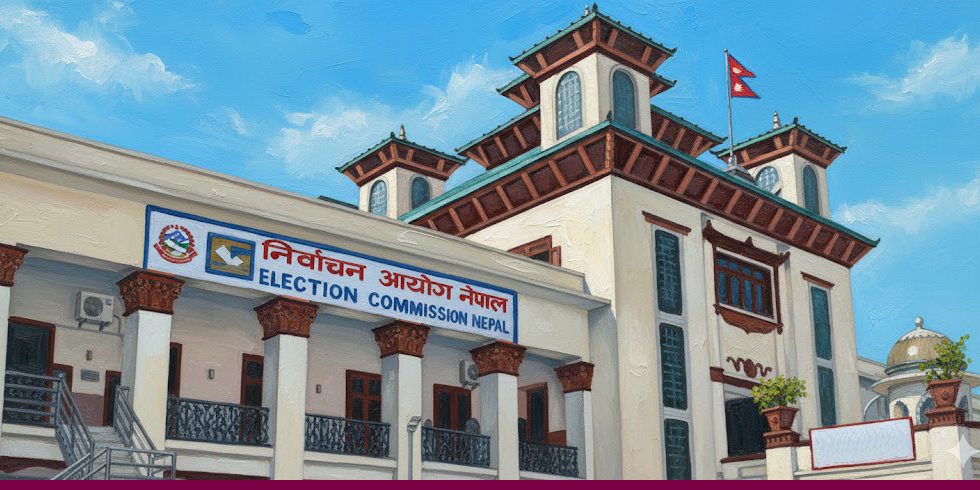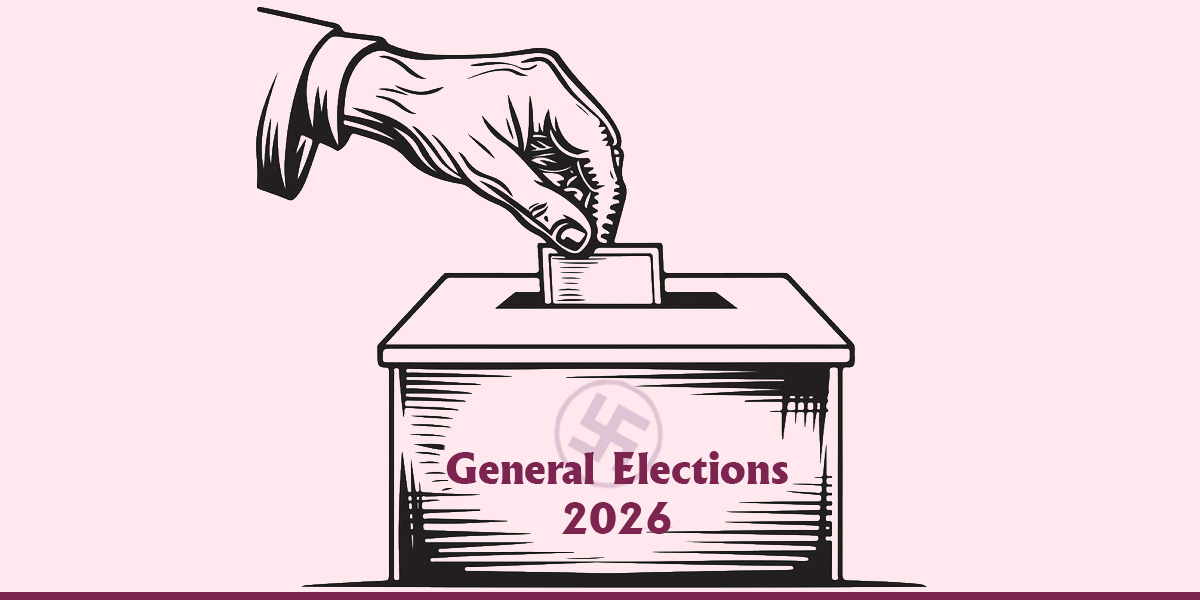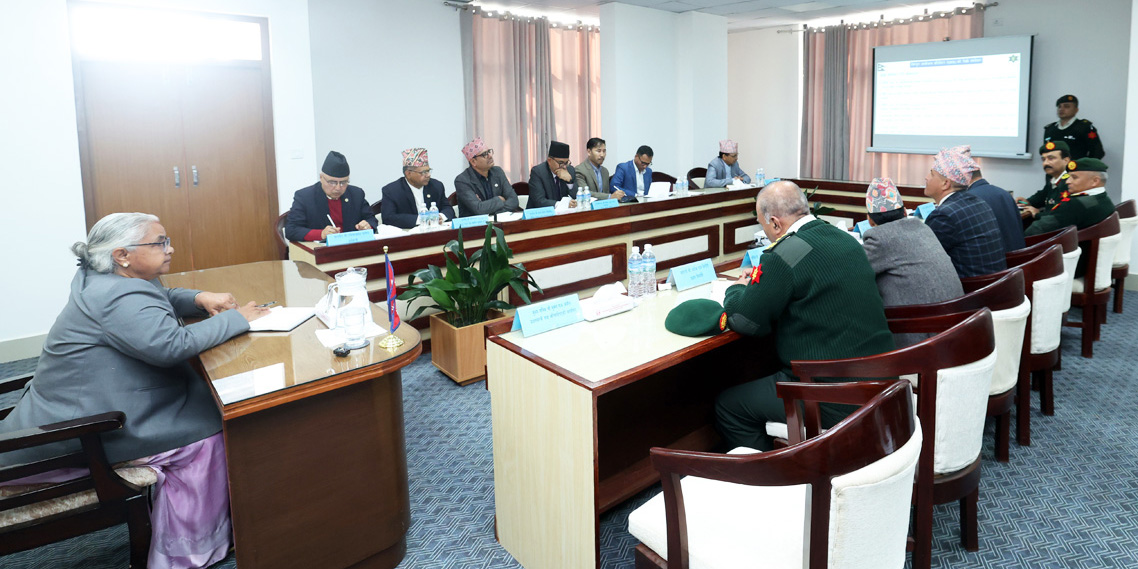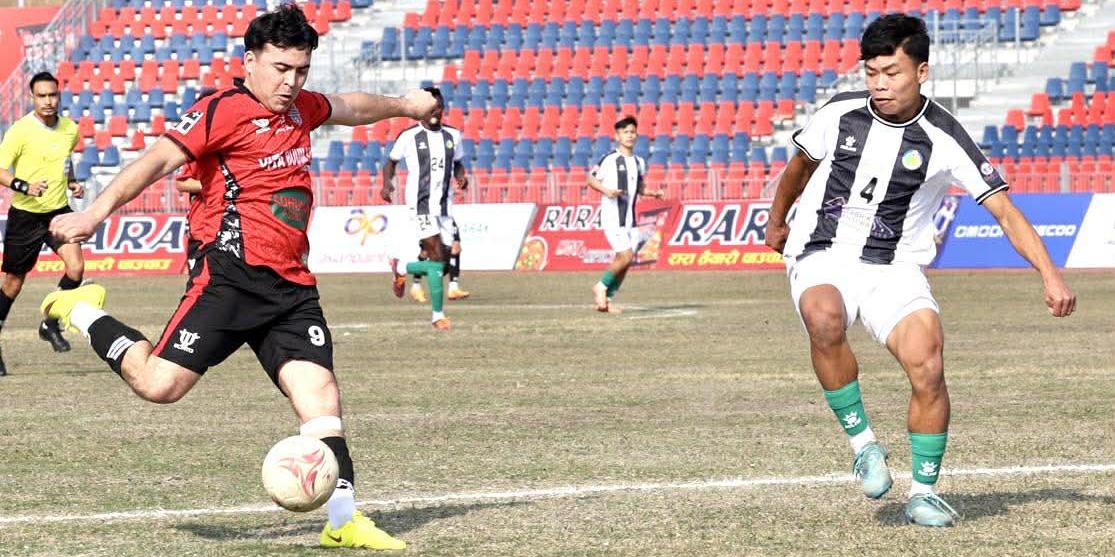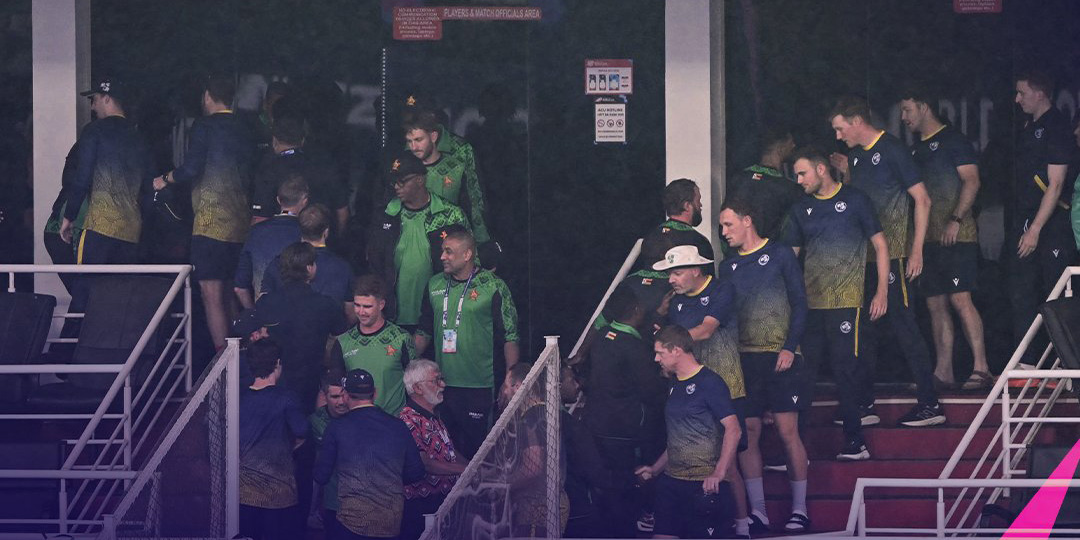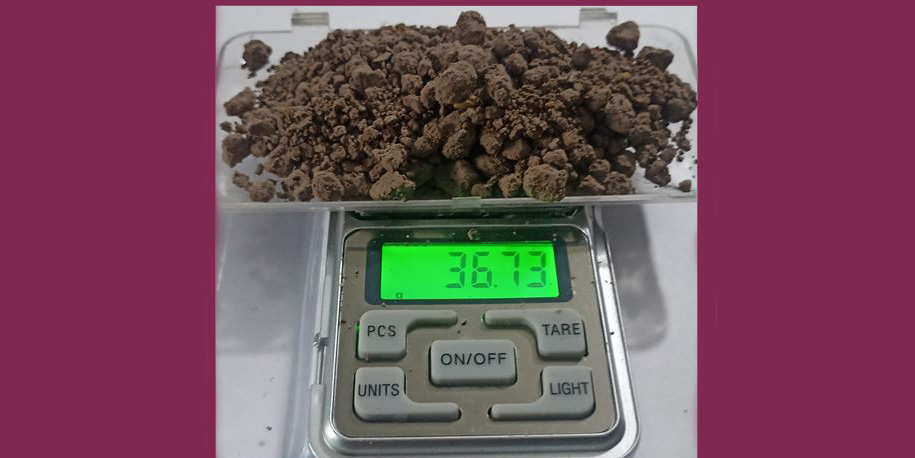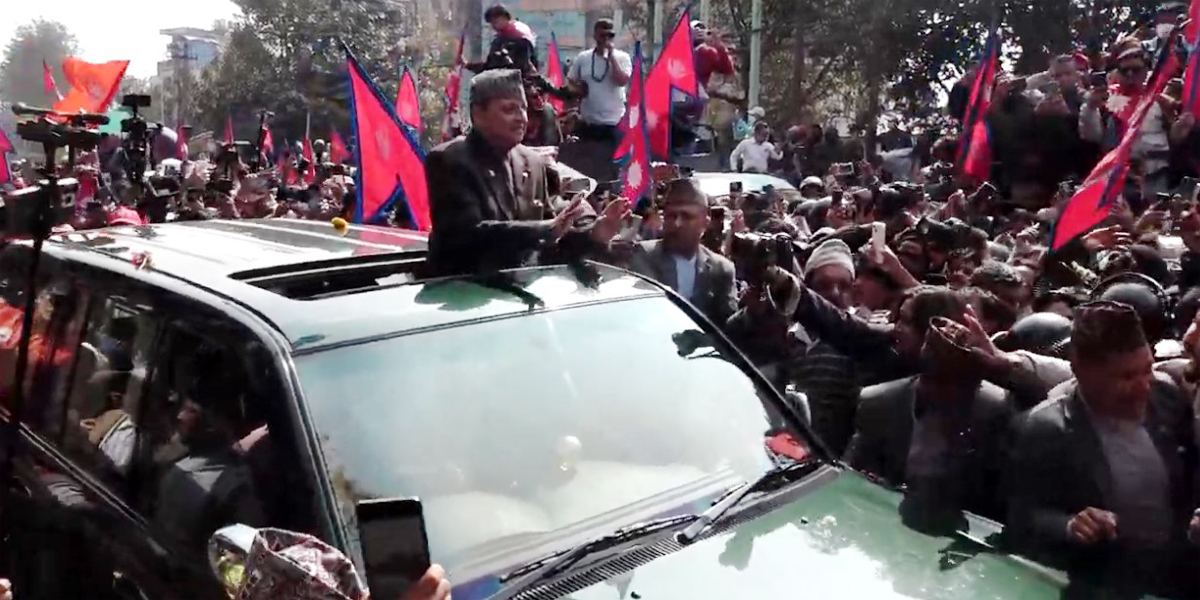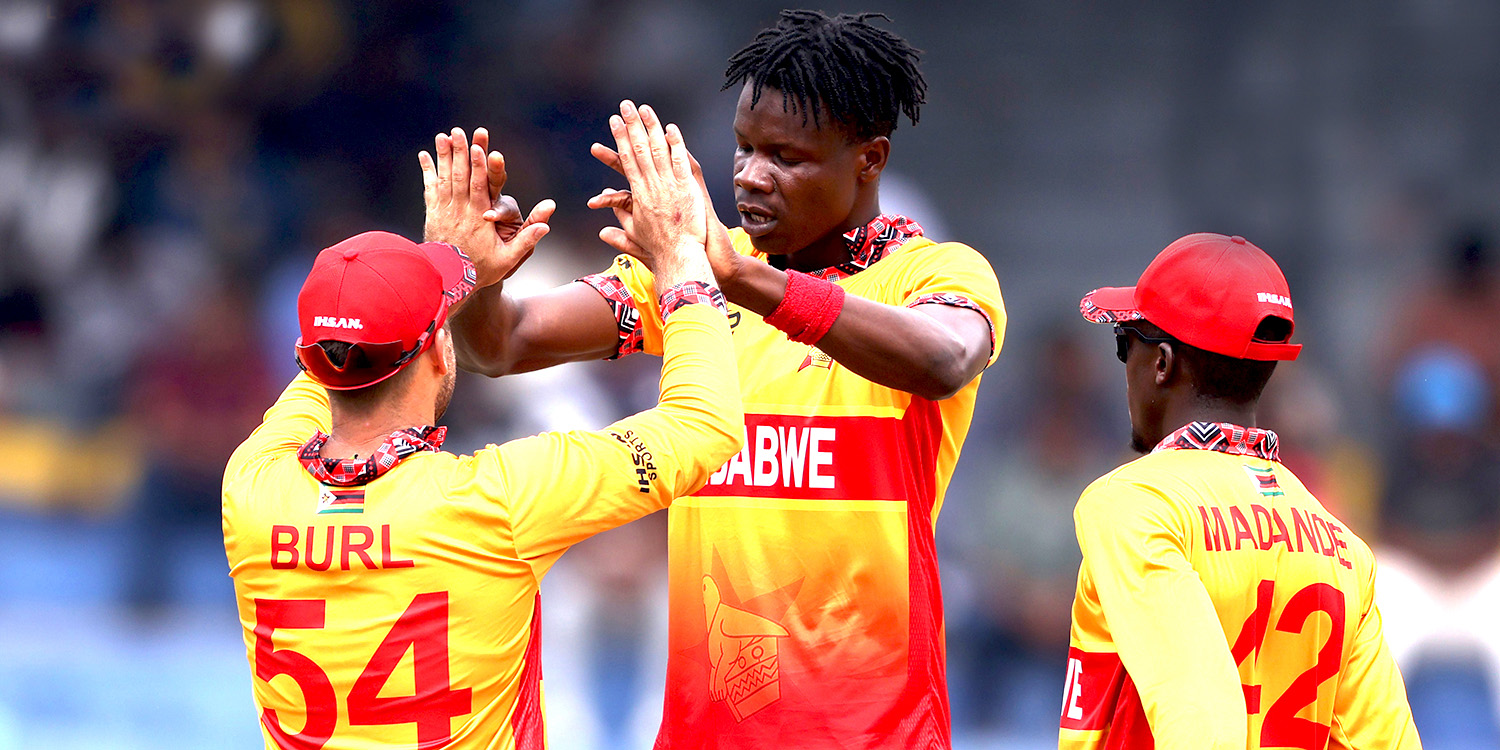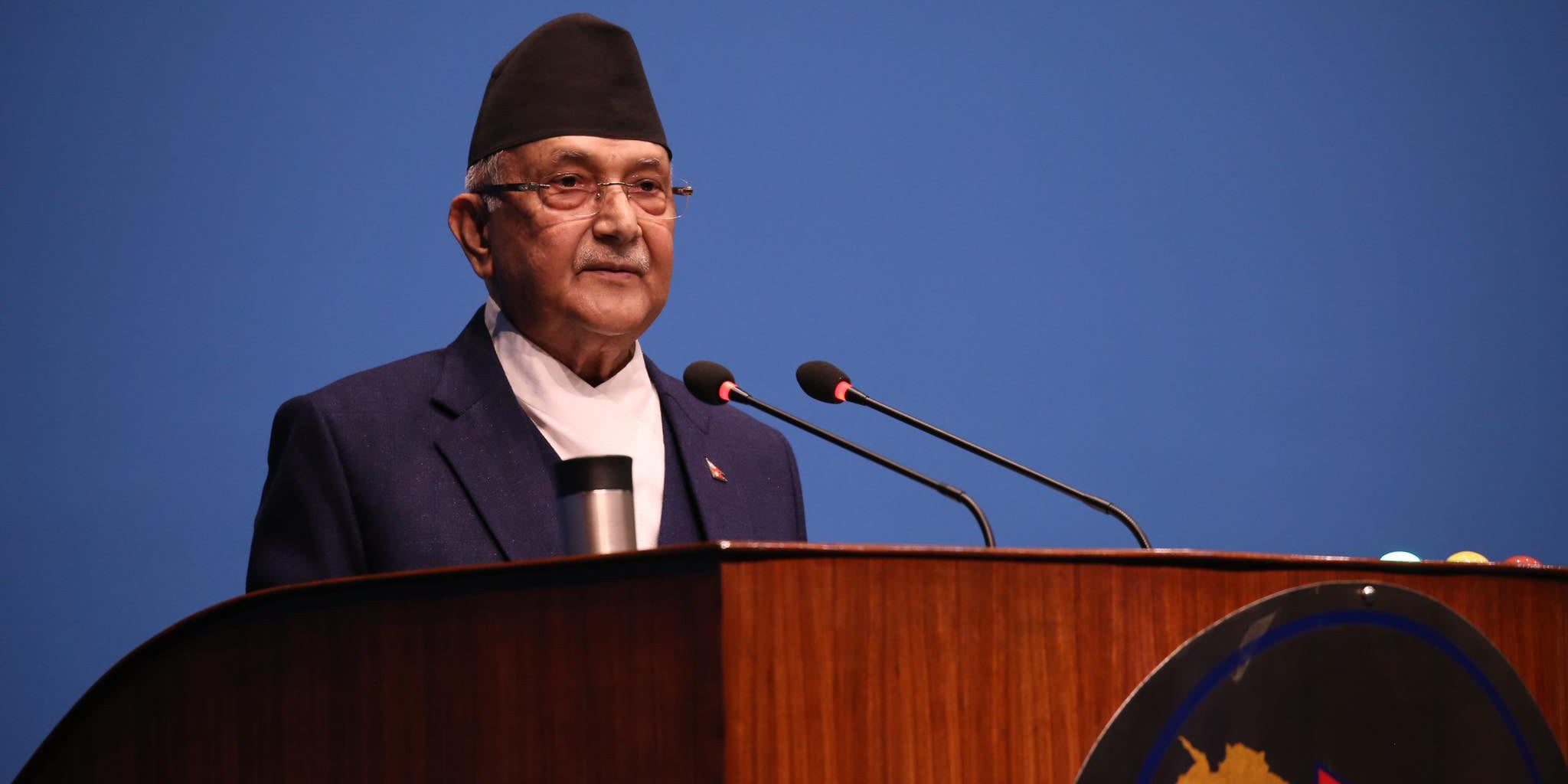 KP Sharma Oli (File Photo)
KP Sharma Oli (File Photo)
KATHMANDU: The bargaining power of smaller parties represented in parliament has decreased since KP Sharma Oli began his fourth term as Prime Minister.
The say of small parties in government formation and affairs began to weaken since the formation of a government by the largest parties in parliament – Nepali Congress (NC) and CPN-UML. In the past, small parties would demand powerful ministries to support coalition governments. Now, they are supporting the government even without getting ministerial positions.
Janamat Party, for example, has supported the federal government to safeguard its government in Madhesh Province. Upendra Yadav-led Janata Samajbadi Party Nepal (JSP-Nepal) has supported the coalition even though it has not got ministerial positions. Nagarik Unmukti Party, which had ministers in the previous coalition, is content with a minister of state in Oli’s cabinet.
Meanwhile, leaders of small parties have started accusing Oli, who is also the UML chairperson, of trying to weaken small parties further. There are speculations that they might amend the provision of Section 52 of the Political Parties Act, 2016. The section states that only parties securing at least three percent of votes in the proportional representation system and one seat in the first past the post voting in the House of Representatives election can be recognized as national parties.
Leaders of small parties say the two parties are holding discussions to increase this threshold to 10%.
Oli, who passed the floor test with a two-thirds majority, has proposed constitutional amendments. This coalition has the necessary support for the amendment. UML General Secretary and Oli’s close aide Shankar Pokharel has been publicly expressing the need to amend the constitution to create a two-party system. As the two major parties engage in debates about amending the constitution, small parties have started discussions on their next steps.
Parties like CPN (Maoist Center), Rastriya Swatantra Party (RSP), CPN (Unified Socialist), Rastriya Prajatantra Party (RPP) are currently in opposition.
UML leaders say that Chairperson Oli is focused on weakening political parties like the Maoist Center, Unified Socialist, RSP and JSP-Nepal. He does not want to give any government roles to parties like Maoist Center, Unified Socialist and others. After Oli became Prime Minister, these parties were removed from federal and provincial governments. Ambassadors nominated from these parties have also been recalled. A member of Oli’s secretariat informed that preparations are underway to recall other political appointees as well.
Oli has already recalled province chiefs appointed from the Maoist Center and Unified Socialist. UML is now targeting Kulman Ghising, the executive chairperson of the Nepal Electricity Authority (NEA), who was appointed by the Maoist Center-led government.
Dr Dwarika Upreti, who was appointed as the executive director of the Foreign Employment Board from the Unified Socialist, is now inching closer to UML. He recently met with UML General Secretary Pokharel and posted a picture on his social media page.
Oli is also trying to remove Narayan Subedi, the treasurer of the Pashupati Area Development Trust. Subedi is also close to the Unified Socialist.
According to a UML leader, the party’s strategy is to force them to join UML. “They might have to change parties to save their jobs,” the leader said.
Oli’s strategy is to weaken small parties by blocking the political appointments of their leaders and cadres to block the income source of the party.
Attractive positions for newcomers
Oli has started offering attractive positions to those who leave their parties to join UML. An example of this is the Minister for Energy and Irrigation of Lumbini Province Government, Sita Chaudhary. After Chaudhary quit the Maoist Center to join UML, UML fielded her in the province assembly election and subsequently appointed her as minister.
Jwala Kumari Sah, who was provincial minsiter when with Maoist Center, was made a federal minister after she joined UML. She is now a central committee member of the party and a member of the House of Representatives. Oli has appointed Mukunda Neupane and Kedar Neupane, who quit Unified Socialist to join UML, as standing committee member and poliburo member, respectively.
Hemanta Rai, who quit JSP Nepal to join UML before the 2022 election, has already become a central committee member. He has also been elected to the House of Representatives from the proportional representation system.
Oli has amended the party constitution repeatedly to accommodate these newcomers in the party.
A UML leader told Himal Press that Oli has given ministerial positions to Ashok Kumar Rai-led JSP Nepal. They say Oli plans to eventually merge with the party. “This will increase UML’s strength in parliament and end the existence of one small party,” the leader added.
UML Standing Committee Member Sherdhan Rai said small parties should now merge with UML and NC otherwise they will cease to exist.
Raising threshold?
UML leader Bishnu Rijal says we need to look at international practices regarding the “threshold”. “We need to look at international practices about this,” Rijal said. “Where in parliamentary countries is there a provision of 3%?”
JSP Nepal said it would launch a protest if there is a ploy to eliminate small parties. “Now large parties are raising the issue of constitutional amendment. We have also given a vote of confidence to this government,” JSP Nepal leader Manish Suman said. “If there is a ploy to eliminate small parties, we will protest.”
Similarly, the RPP is also against constitutional amendments that would create a crisis for small parties. “We want constitutional amendment but we don’t accept amendments that would create a crisis for our own party,” said RPP General Secretary Dhawal Shumsher JBR.

